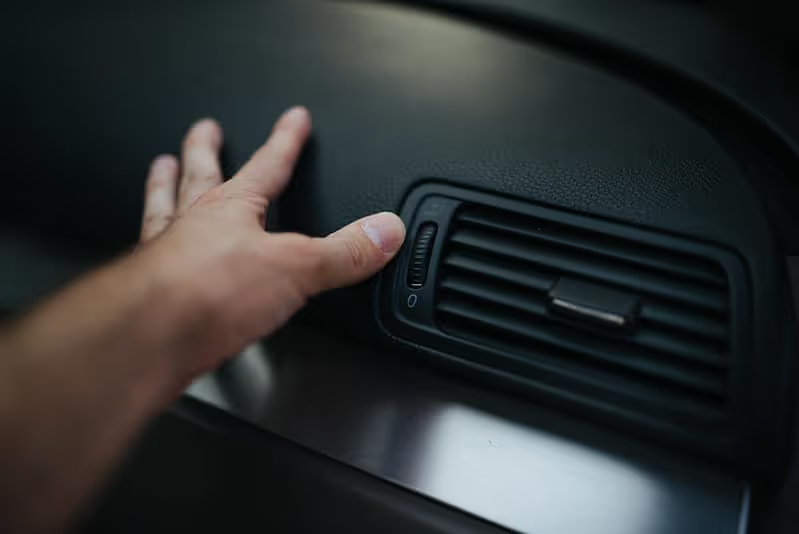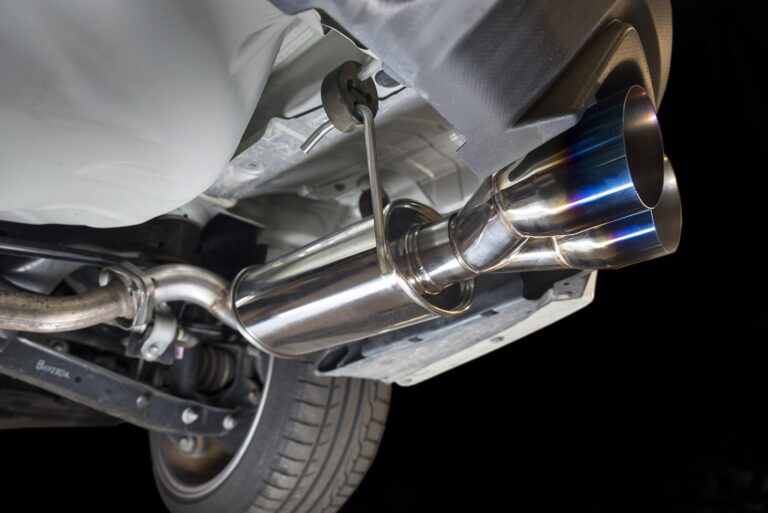Will Low Coolant Affect the AC?

Low coolant levels can cause a variety of issues in your vehicle’s cooling system, and it can also affect other systems, including your air conditioning (AC). Understanding the connection between coolant and the AC system can help you identify potential problems and take corrective actions before they worsen.
How Coolant Affects the AC System
The vehicle’s cooling system, which includes both the radiator and the AC system, works in tandem to maintain optimal temperatures for engine performance and comfort inside the cabin. Coolant is primarily responsible for regulating the engine temperature, but it also has an impact on the AC system.
1. Coolant and Engine Temperature
- Maintaining Engine Temperature: The engine needs to operate at a specific temperature for maximum efficiency. Coolant helps absorb and dissipate heat from the engine. When coolant is low, the engine may overheat, which can, in turn, affect the AC performance.
2. Coolant and AC Condenser
- Cooling the AC Refrigerant: The AC system includes a component called the condenser, which works by releasing heat from the refrigerant to the outside air. The coolant also plays a role in keeping the condenser at a proper temperature to ensure the refrigerant can cool effectively. Low coolant can cause the condenser to overheat, reducing the AC’s efficiency.
Signs That Low Coolant is Affecting the AC
If your coolant level is low, it may cause the AC to perform poorly. Here are some common signs:
1. Warm Air Blowing from the AC
- Inadequate Cooling: If the coolant is too low, the air conditioning system may blow warm air instead of cool air. This can happen because the engine is overheating, which prevents the AC from functioning properly.
2. AC Stops Working After a Short Time
- Overheating of the Engine: When the engine temperature gets too high due to insufficient coolant, it can cause the AC system to shut off to prevent further engine damage. The system may resume working once the engine cools down.
3. Overheating Engine
- Engine and AC Issues: A direct consequence of low coolant is engine overheating. If the engine temperature gauge indicates overheating, it can affect the AC’s ability to function properly, as the system will prioritize engine cooling over air conditioning.
How Low Coolant Can Cause AC Problems
1. Impact on the AC Compressor
- The AC compressor requires the proper engine temperature and coolant levels to operate efficiently. When the engine overheats, the compressor may not engage properly, leading to a loss of cooling inside the cabin.
2. Coolant and HVAC System Interplay
- The HVAC system relies on the engine to regulate airflow and temperature. If the engine is not cooling properly due to low coolant, the HVAC system may not be able to produce cool air, even if the AC components are functioning correctly.
What to Do If Low Coolant Affects Your AC
If you suspect that low coolant is causing issues with your AC, here’s what you should do:
1. Check Coolant Levels
- Inspect the Coolant Reservoir: The first step is to check the coolant levels in your vehicle. If they are low, top up the coolant using the appropriate type for your vehicle.
2. Look for Leaks
- Check for Coolant Leaks: Low coolant levels could indicate a leak in the cooling system. Inspect the hoses, radiator, and engine block for any signs of leakage.
3. Address Engine Overheating
- Monitor Engine Temperature: If the engine is overheating, it may be due to low coolant. Ensure the coolant level is adequate and check for any blockages or issues in the radiator and cooling system.
4. Take Your Vehicle to a Mechanic
- Professional Inspection: If topping up the coolant doesn’t resolve the issue and the AC continues to blow warm air, it’s time to consult a mechanic. There could be a more serious problem with the engine or the AC system that requires professional attention.
Can You Use the AC Without Coolant?
- Not Recommended: The AC system relies on the engine running at the right temperature for effective operation. If coolant is low, not only can the AC underperform, but running the system under such conditions can potentially cause engine damage or further harm to the AC system.
Conclusion
Yes, low coolant can affect the AC in your vehicle. While coolant’s primary role is to regulate engine temperature, it also plays a significant part in keeping the AC system functioning correctly. If coolant levels are low, the AC may blow warm air, stop working after a short time, or the engine may overheat, leading to reduced AC performance.
Always keep your coolant levels at the recommended level to ensure both your engine and AC system perform optimally. If low coolant persists, it could indicate a problem that requires immediate attention, such as a coolant leak or a malfunctioning cooling system component.
FAQs
1. Can low coolant cause air conditioning to stop working?
- Yes, low coolant can lead to engine overheating, which may cause the AC to stop working or blow warm air.
2. How do I know if my coolant is low?
- Check the coolant reservoir under the hood for the proper fluid level. If it’s below the minimum mark, you may need to add coolant.
3. Can I drive my car with low coolant and AC not working?
- It’s not advisable to drive with low coolant because it can cause engine damage. If the AC isn’t working, it’s worth addressing the issue immediately.
4. Can I top off the coolant myself?
- Yes, if you’re comfortable, you can add coolant yourself, but make sure you’re using the correct type of coolant for your vehicle.
5. Should I wait for my engine to cool before checking coolant?
- Yes, always check the coolant level when the engine is cool to avoid burns from hot fluid or steam.
Also Check:
• Can You Put Coolant Directly Into the Radiator?





